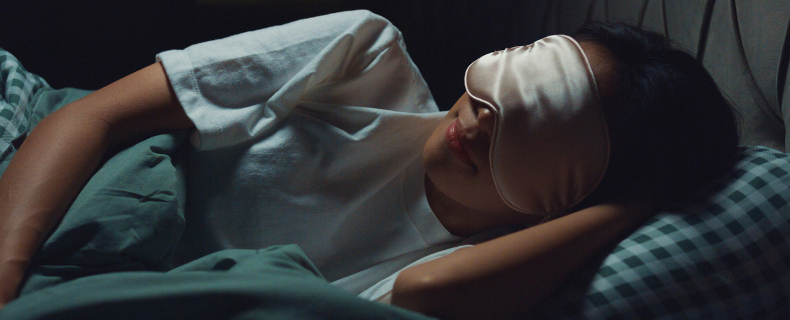Okemos, Lansing, East Lansing MI
The American Academy of Sleep Medicine suggests that 25 million American adults have a dangerous but common sleeping disorder known as sleep apnea, which causes a person to pause breathing while sleeping. While pauses in breathing usually last only 10 to 20 seconds, they can occur several times a night — up to 100 times in severe cases. When this happens, a message is sent to the human brain that the person is choking, and the brain, in turn, startles the person awake to breathe. This prevents a person from entering into the deep, restorative stages of sleep. A lack of sleep can cause inflammation that can lead to gum disease, extreme daytime weariness, high blood pressure and heart disease.
Some people think that they can simply sleep more on the weekends when schedules typically don’t require a more strict sleeping schedule, but there’s no such thing as “catching up” on sleep. Today, our airway dentist in Okemos, Dr. Christine Tenaglia, is explaining why sleeping more isn’t the answer to treating sleep apnea and the possible treatments that will help improve sleep habits.
What causes sleep apnea?
Sleep apnea is a medical condition that occurs when an airway is too narrow or the airway’s soft tissues collapse, preventing adequate oxygen flow. Millions of Americans suffer from sleep apnea, but since symptoms of the disorder occur during sleep, the majority of those people are unaware they have a problem. It’s usually a sleeping partner that notices chronic snoring or paused breathing through the night. Genetics and health conditions such as obesity and high blood pressure contribute to sleep breathing disorders like sleep apnea.
What happens during sleep apnea?
When the airway is blocked either partially or fully while sleeping, the body doesn’t receive proper oxygen levels, and the sleep cycle is severely disrupted. Our East Lansing sleep apnea dentist explains that an airway blockage that is preventing a body from receiving needed oxygen will trigger the brain to wake the body up to breathe. In mild cases of sleep apnea, these breathing pauses can happen a few times per hour while sleeping, but the more advanced cases can experience 100 or more episodes per night. The person whose sleep cycle is being constantly disrupted usually has no recollection of it when s/he wakes up the next day.
How is sleep apnea diagnosed?
An airway assessment and possibly a sleep study are needed to diagnose sleep apnea. Diagnosis and treatment require a unique skill set that is obtained only through training and experience. If our sleep apnea dentist in Lansing determines a patient may have sleep apnea, we will enlist the help of a sleep specialist to formally diagnose a patient with sleep apnea. Once the diagnosis is made, our dental team creates a treatment plan that is customized for the individual patient.
What treatment options are available?
Most people associate CPAP machines with sleep apnea treatment. These machines force air through a person’s airway during sleep, keeping the airway open and allowing the body and brain to rest. But CPAP machines have widely documented downsides, such as noise level, discomfort and the complexity of traveling with the machine. Fortunately, Dr. Christine Tenaglia offers a non-invasive and effective treatment method for sleep apnea called oral appliance therapy.
The oral appliance is a custom-made mouthpiece that fits comfortably in the mouth and helps keep the airway open while sleeping. Due to its lack of moving parts and its compact size, the oral appliance can provide effective treatment that is quiet and compact.
Sleep Apnea Treatment in East Lansing and Okemos
Not receiving adequate rest can open the door to many other health problems. If you feel you’re constantly tired, have trouble concentrating or have been told you snore at night, you may be a perfect candidate for a sleep study. Nights full of continuous sleep will improve the quality of your life, your overall outlook and your energy. It can also help with other health problems with which you may be suffering. We want to help. Give us a call at Tenaglia Smiles — (517) 940-8684 — to schedule a consultation today.

